In Dungeons & Dragons 5E, spellcasting is the strongest class ability that any character can ask for. The vast array of spells you have access to can solve so many problems, both in and out of the battlefield. However, concentration is a property that many spells share. Knowing how concentration checks work when you have to make a concentration save, and what you should do to improve that save is critical.
Concentration is a quality that spells—like Shield of Faith—have listed on their duration. This has some specific restrictions and puts you in the “concentrating” state. If you’re not quite sure what interrupts this state, what you have to do to maintain the state, and why you need to care about a good balance between normal spells and concentration spells, then we can give you the run-down!
When do you use concentration checks in DnD 5E?
A 5E spellcaster only concentrates if they have successfully cast a spell with the word “concentration” in their duration, or if an ability specifies that it functions identically. While you are concentrating on a spell, up to the duration listed, you can only cast spells without “concentration” in the duration.
In addition, if you take damage while concentrating on a spell, you must roll a Constitution saving throw with a DC of 10 or half of the damage (whichever is higher) or the spell immediately ends. You can end this type of spell for free by casting another spell with “concentration” in the duration or getting killed.
Let’s try an example. Bardin, a level one Cleric, casts the Shield of Faith spell on himself. While he has Shield of Faith cast, he can cast cantrips like Sacred Flame or spells like Healing Word without issue. He can also move, make weapon attacks, interact with objects, talk with others, or do most other actions without a problem, either. However, there are a few situations that will make him lose the Shield of Faith:
- If he casts Bless, another spell with “concentration” in the duration, he loses the Shield of Faith. The Bless overrode his concentration on Shield of Faith. This also functions for any cantrip with the quality. Guidance, for instance, would override Shield of Faith.
- If he takes damage, he must make a Constitution saving throw. The DC is 10 or half damage, whichever is larger. For instance, if he took 4 damage, he makes a Con save at DC 10. If he took 22 damage, it would be DC 11.
- If he is killed, he can no longer concentrate. Even if he was to cast a healing spell that he was concentrating on, once he runs out of HP, it doesn’t matter. That’s going away immediately!
- If the environment is extreme, he may be asked to make a Constitution save. For instance, if he was trying to maintain concentration on Bless while a tornado rips a tree from the ground 50 feet from him, Bardin’s DM would probably have him roll a DC 10 or more Constitution saving throw.
- If he wants to. He can stop concentrating whenever he’d like. It’s not an action. In fact, anyone can end a spell with duration “concentration” at any time, including during another character’s action!
- For instance, Bardin is pretending to betray a party member by casting Hold Person on them and letting an Orc “execute” them. Just before the DM declares an attack, Bardin drops concentration, ending the Hold Person immediately. The party member is not paralyzed when the Orc attacks because the spell ended before the action was performed.
These are the only four situations that you will ever have your concentration in jeopardy. Of them, the most common by far—unless you feel the need to swap your concentration spell, of course—is taking damage.
Because of this, if you really want to maintain concentration in 5E, you have to have a good Constitution saving throw.
Ways to improve concentration save in DnD 5E
The most common way to improve your concentration save in 5E is through your Constitution save. Having a higher Constitution and being proficient in the saving throw is important. However, after that, feats are your best friend! There are also a few class features that prevent damage and thus bypass the save altogether.
Related: What are Saving Throws in Baldur’s Gate 3?
If your class does not begin play with Constitution saving throw proficiency, then don’t worry: it is a fairly normal save for a class to miss out on. You can rally by starting with a higher Constitution score. In addition, early on, a DC of 10 is very likely to work out in your favor!
Even with a +0 in Constitution, there’s a 55 percent chance that you succeed this check on a hit that deals 19 damage or less. With a +2 in Con, that’s a 65 percent chance!
Magic can temporarily ameliorate this issue. Bless’s +1d4 to saving throws does a little bit for you. Later on, spells like Holy Aura can give you advantage on the saving throw to maintain concentration on itself.
However, once you get to level four, you should really consider investing in a feat for it. Many casters want at least some protection against concentration saves. There are two big feats that contend for this role:
- Resilient. This feat gives you proficiency in a saving throw, as well as a +1 to the stat that the saving throw is in. While not fancy, a +2 to +6 to your Constitution saving throw is just a good idea. Many deadly spells and effects in the endgame will target that save.
- War Caster. For many clerics, paladins, rangers, and more, you’re going to want to at least consider War Caster. This feat lets you cast with your hands full without any weird rules getting in the way. It also gives you advantage on concentration saves! Rolling 2d20 and getting a 10 with 0 Constitution is a nearly 80 percent chance. Finally, you get an opportunity of attack with spells which is just a bit silly as a concept. Hold Person a guy who is running away from you and see if he likes it.
Some class features also benefit concentration checks. For instance, a level 10 War Wizard gains a +2 to all saving throws while casting a spell. One in the School of Conjuration at level 10 can’t lose concentration due to damage, as long as they’re concentrating on a conjuration spell. A level two Circle of the Starry Sky Druid can enter the Dragon Form to nearly guarantee successes on concentration saves. The Artificer can infuse some items with the Mind Sharpener augmentation, turning failures on these saves into successes.
How to debuff an enemy’s concentration save
While there are very few ways to debuff saving throws in 5E, almost all of them can apply to the Constitution saving throw made for concentration! Magic has a few solutions, like Bane, that can apply a penalty or disadvantage. However, some archetypes and feats allow martial characters to become “mage hunters” by inflicting penalties to concentration.
There aren’t too many spells that specifically debuff saving throws and for good reason. Applying even a “Bane”-sized -1d4 to a character’s saving throw can set them up for a bad time when paired with other magic or casters. Earthquake, Synaptic Static, Storm of Vengeance, and Sleet Storm all mess with Concentration as well.
If you don’t need to debuff the saving throw, you can instead apply a condition. Incapacitation occurs when you inflict the following conditions onto a target:
- Incapacitation (Raulothim’s Psychic Lance)
- Knock unconscious (Sleep)
- Petrify (Flesh to Stone)
- Paralyze (Hold Monster)
- Stun (Power Word Stun)
You could also make use of a spell, like Suggestion or Charm.
Classes and feats can work to prevent mages from keeping their concentration on the battlefield. There aren’t too many mage hunters in the game, but some include:
- The Mage Slayer Feat: A classic, Mage Slayer provides disadvantage on the Constitution save to concentrate on magic. It also gives opportunity attacks against casting creatures and makes it easier to save against spells when fighting someone next to you.
- Monks make for excellent anti-mages, due to their Stunning Fist class feature. Incapacitating the target for a turn makes them drop their Concentration.
However, a lot of these options require spellcasting or feat investment. If a Barbarian or a Fighter wants to become an anti-mage, they’re in for a rougher time. But, there are one or two things that might work:
- Hit them really hard. I’m only kind of kidding. Because of how concentration works, critical hits and high damage attacks tend to ruin concentration more often than not. Hammering someone who is sustaining a Hold Person, without worrying about applying conditions or dedicating yourself to feats, can work. This is especially effective for classes like Paladin, who can easily pump out gigantic hits with Smite.
- Skill checks. A persuasion or intimidation check could stop an on-the-edge caster from concentrating. This is situationally dependent, and you’d need to work with your DM on the particulars. But, a creative DM might let you roll something like Perform to introduce an environment where it is hard to concentrate in.


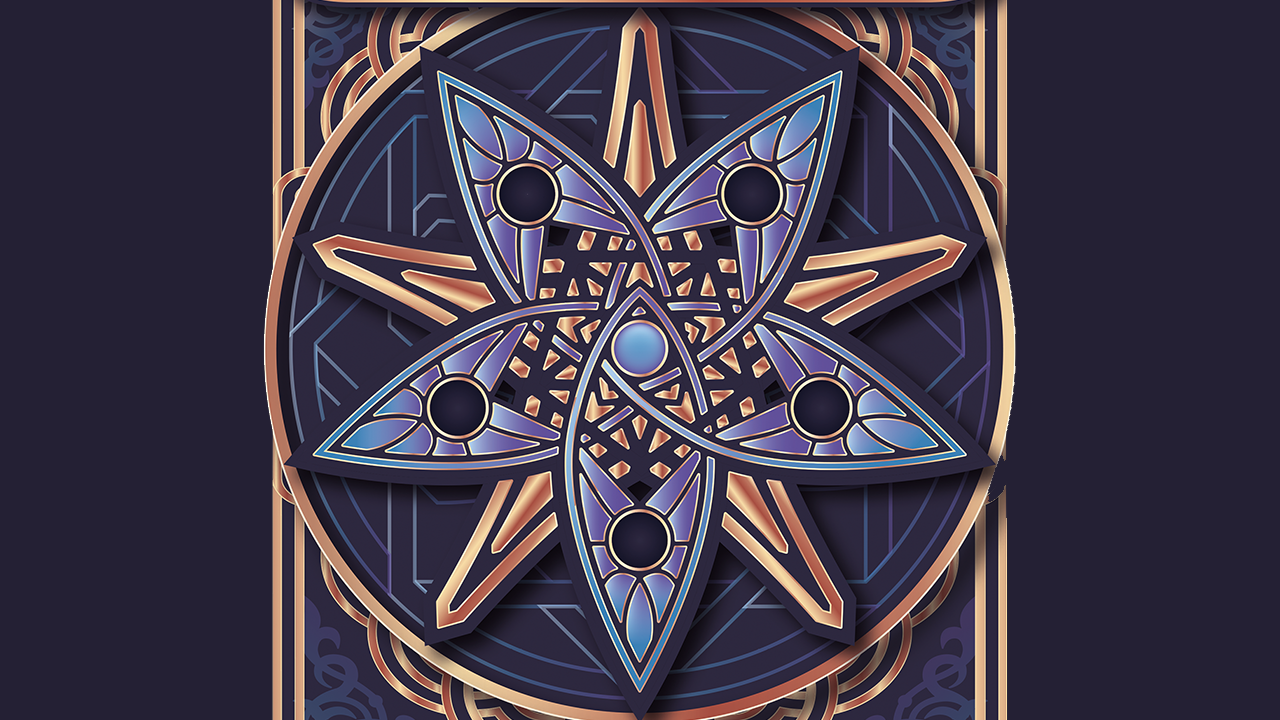
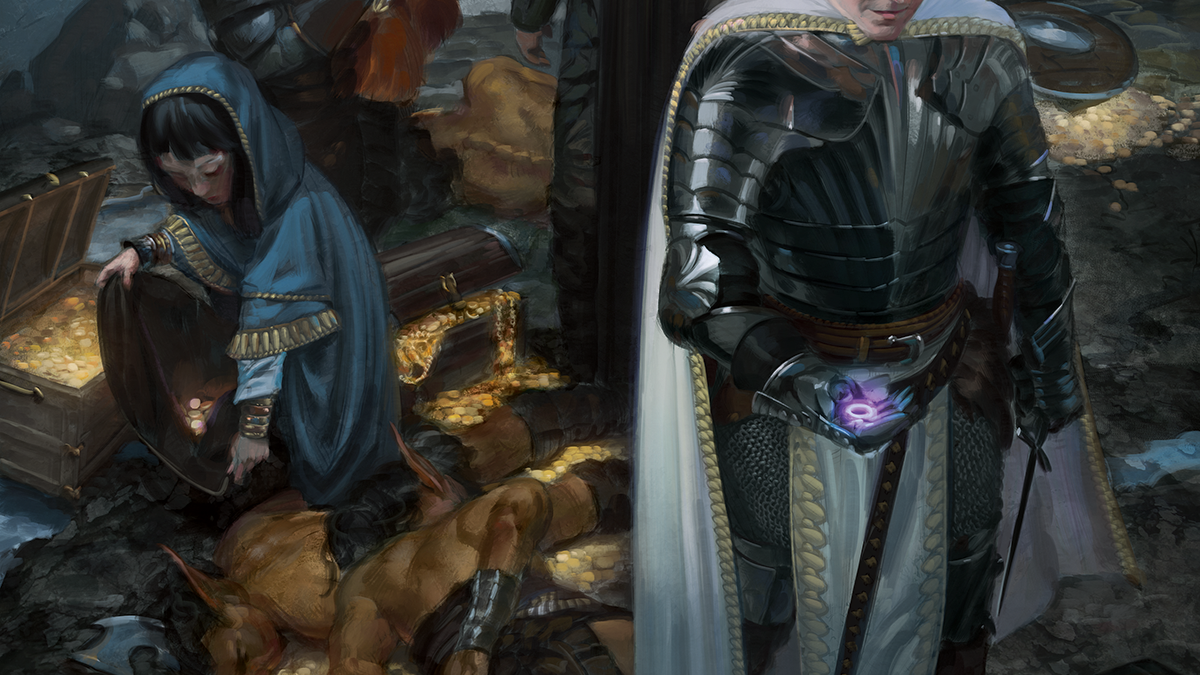

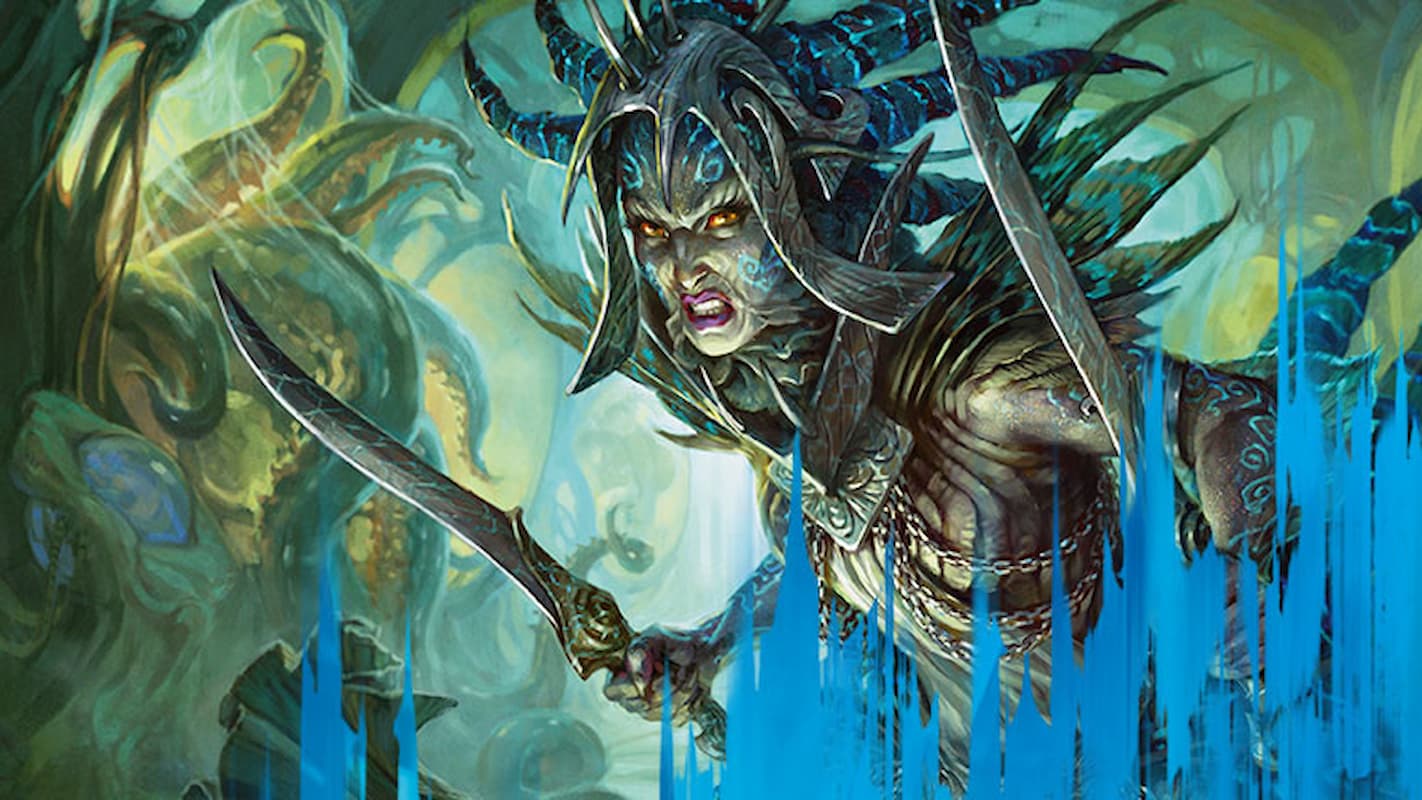
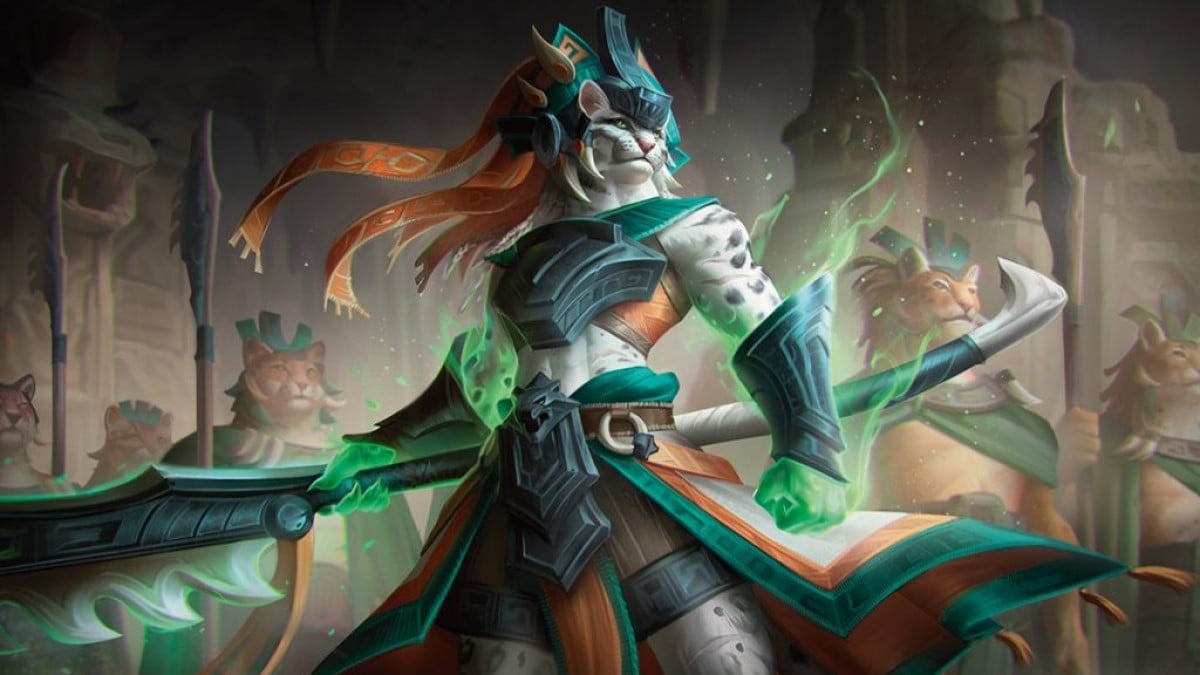
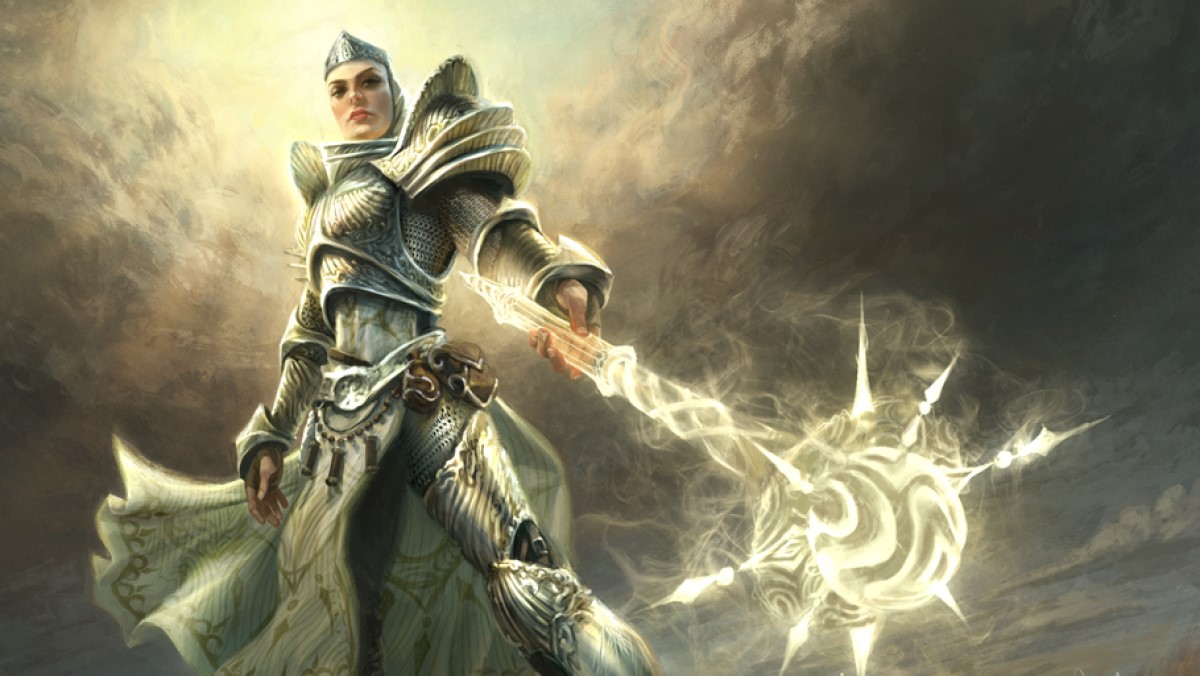

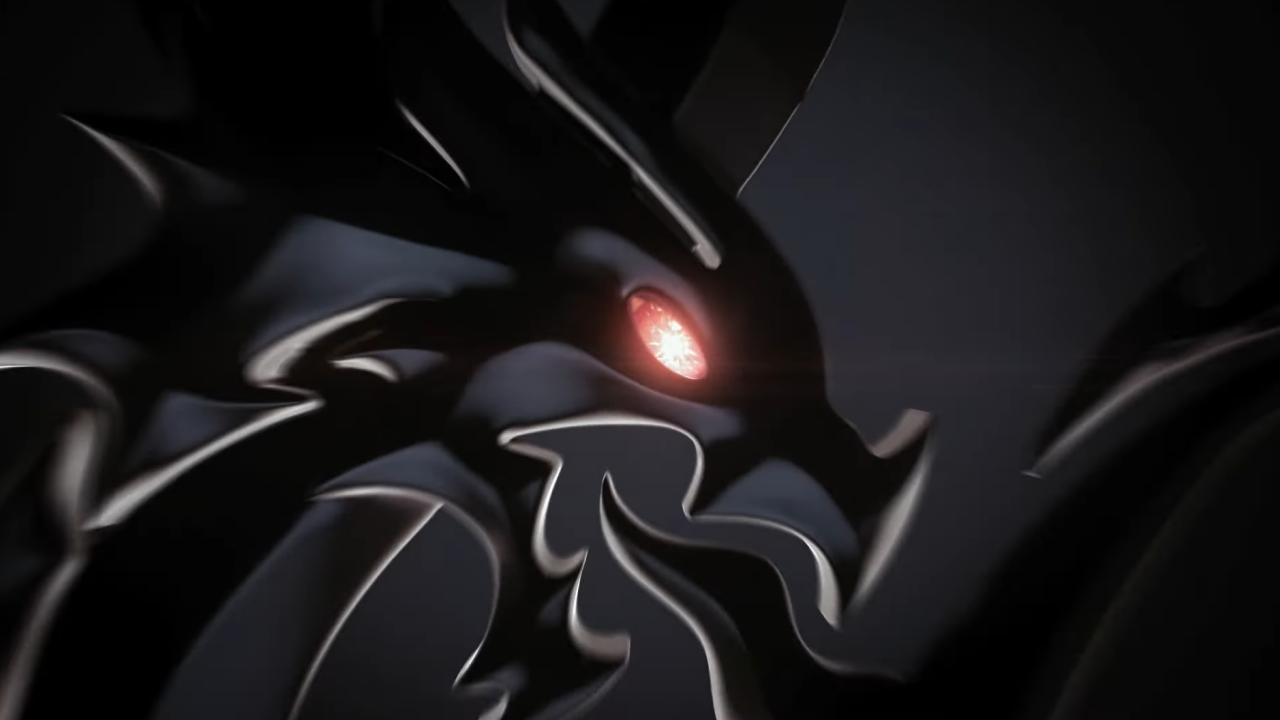
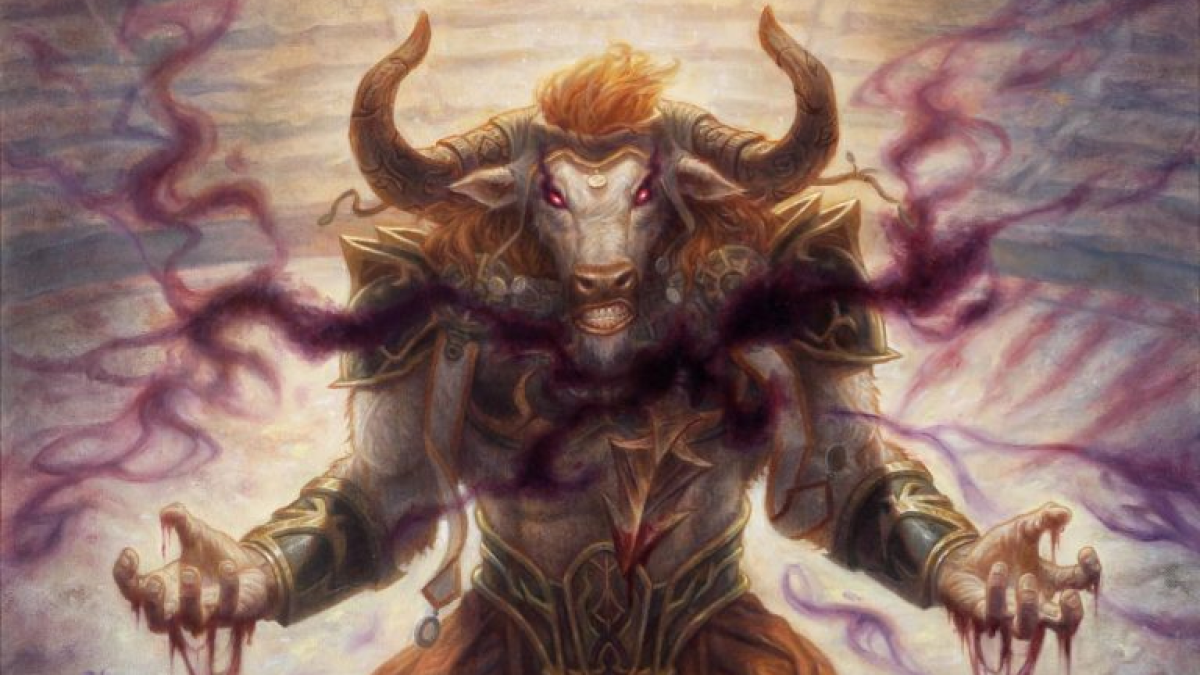
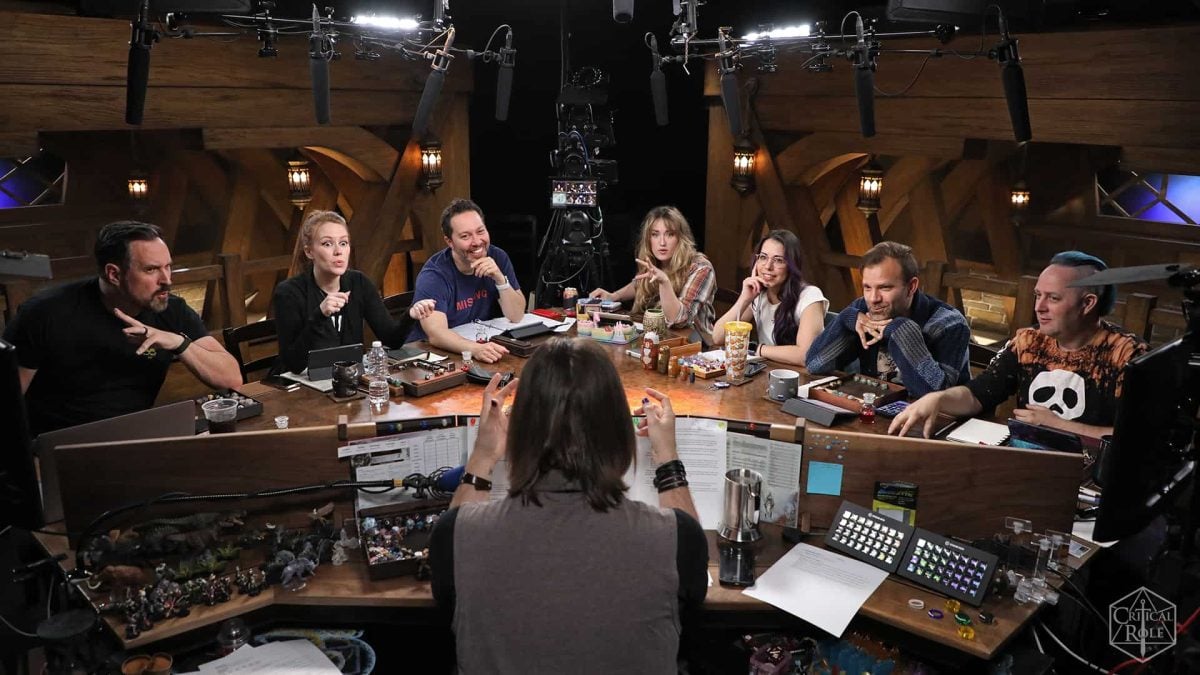
Published: Aug 5, 2023 02:18 am